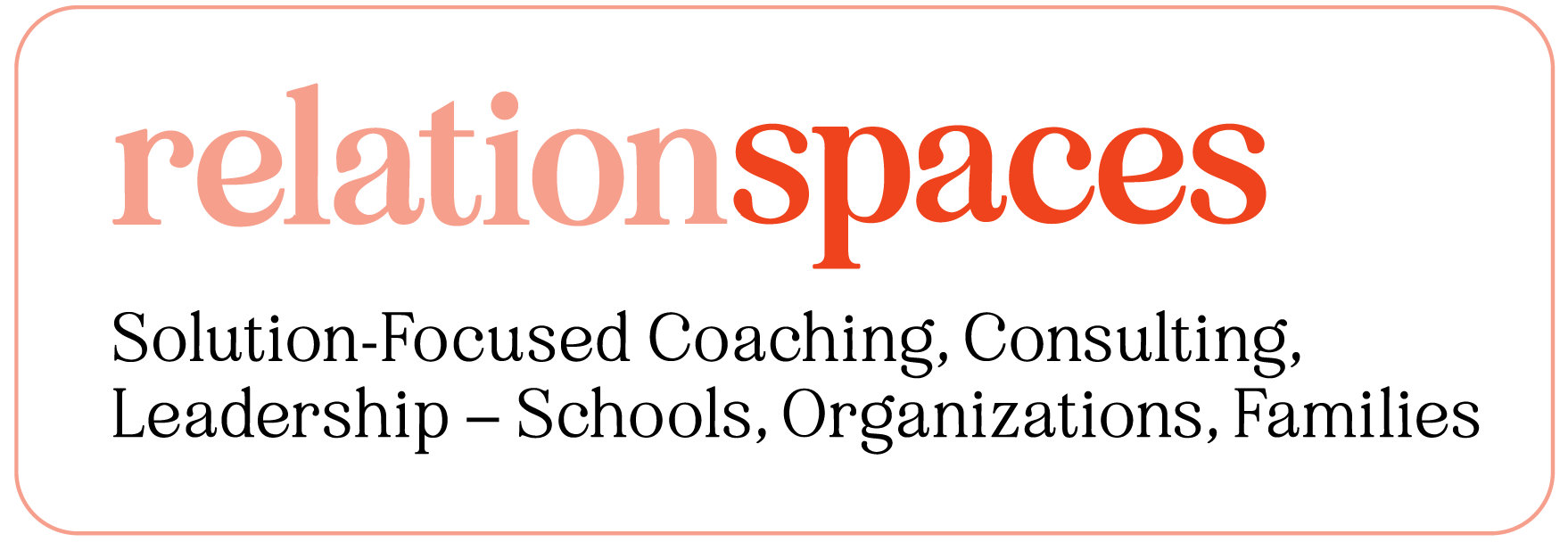Children of all ages are often excited at the start of the school year as they anticipate and prepare for new opportunities. This excitement can keep them awake as the Canadian Labour Day weekend draws to a close. They bounce out of bed on the first day of school, no matter how tired they are. They’re looking to seize the day with a new and fresh start. They feel older, wiser and ready for new challenges. School renewal energizes and motivates children. It inspires them to try again, even if they had experienced some challenges in the prior school year.
How do we capitalize on and maintain the energy linked to a fresh start? This is especially important this year as some children are returning to ‘in person’ learning for the first time in two years. Just as children everywhere are seizing the day, parents and teachers can help to promote their success and well-being by joining in their spirit of renewal. The week-end before school starts and the first week of school are golden opportunities to engage our children in conversations about their role in school success and well-being. While they may not be aware, children have a bank of their own personal tools and resources that support success and which they have developed over time. How can we identify these tools and help our children to continue to productively access them?
Let’s begin by engaging in conversations that help our children recognize that they are active agents in their own learning and success. Personal resources are skills, abilities, interests, and characteristics that children have used in different contexts and that have been of benefit to them. Our children may not be aware that these strengths are credible assets that can be regularly and intentionally used again. It is truly remarkable what happens to children when they’re asked to think and talk about what their strengths might be. In conversation, they recognize that not only do they have personal tools for success, but that they can rely on themselves to use these skills and abilities. While they can and should still rely on adults to help them in their learning, knowing that they themselves can contribute to their own successes, promotes success. It builds their sense of self-confidence, independence and resilience. Children just need to be guided to think about what these personal tools are, how they have used them, how these tools have been helpful to them and how to productively re-use them.
Each child has a variety of different personal resources. Some examples to name a few, are: learning skills (e.g; organization, responsibility), study skills (e.g; note-taking, versatility with technology), transferable skills (e.g; collecting, team work), personal characteristics (e.g; patience, active energy), social skills (e.g; listening, turn-taking), emotional skills (e.g; empathy, managing personal emotions in social settings), gross and fine motor skills (e.g; balancing, athleticism), strengths in specific subjects, strengths in comprehension (e.g; inquiry, memory).
Ask your children (and feel free to simplify the vocabulary for younger children):
- What do you think are your personal strengths? OR What are you good at? (subjects, skills, hobbies, interests, abilities, personal characteristics)?
- How do you know this?
- What makes you good at it?
- How have you used this/these strengths before? Give me an example.
- How did it/they help you?
- How would it/they be helpful at school this year? What else?
- What would be an example?
- What is a skill you want to develop in yourself/at school this year? OR What would you like to be more successful at this year?
- Which of your personal strengths do you think you can use towards this success/ or to develop this new skill?
- How might that work?
- How can this be useful to you?
- How will it help you to be successful?
- How can you start?
- What else?
Notice all the questions are open-ended to allow for reflection. In asking your child these questions, you:
- empower them to understand that they can contribute to their own competence and how they can do it.
- spark in them the desire to access their personal strengths as they navigate a variety of different experiences and challenges.
- demonstrate the impact of developing new personal strengths.
- help them to make the most of each day, not just at the start of the school year.
Remember that in asking your children pointed questions, you don’t need to have any of the answers. Provide the space for conversation, give them time to think and they will find the answers with your guidance.
Vicky Essebag M.Ed - CPSY, OPC, CSFC., is a relational communication specialist and thought leader who prioritizes an intentional approach to developing healthy and inclusive relationships. She inspires parents, schools and organizations to cultivate and strengthen communication that promotes success and well-being. Vicky is Founder and President of Relationspaces; Solution-focused consulting/coaching/speaking/instructional leadership
